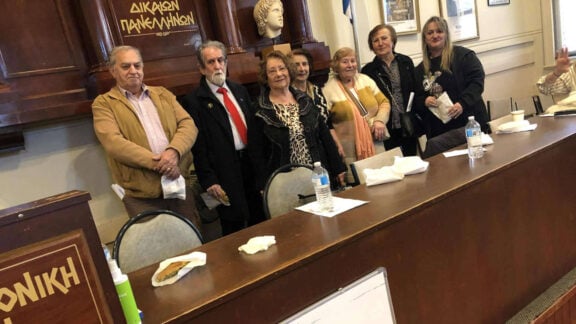According to a report conducted by Bloomberg, there is a large sum of money in Greece that was never exchanged when the country transitioned to the euro.
When the minting and circulation of the first euros began, citizens were urged to exchange all their old Greek coins and cash with the new EU currency, however, two decades later, it is estimated that 477.9 million euros are missing.
Where missing, insert “never exchanged”. During its research Bloomberg discovered that large sums of drachma banknotes and coins that had been hidden or forgotten in houses around Greece by elderly citizens were gradually being uncovered following their passing, house demolitions and moves.
Greeks are not the only European citizens whose elderly population is infamous for hiding money around the house for times of hardship. Similar situations have been recorded in Italy, Malta, Spain and Portugal to name a few. Many Europeans -even younger age groups- tend to hold on to their obsolete national currencies in purses, bags, drawers and even mattresses, the report says.
Overall, the sum of obsolete national currencies forgotten or missing around the eurozone has reached several billion euros.
Germany alone has an estimate of marks that equal with €8.5 billion that could still be exchanged as the Bundesbank still accepts marks for euros.
In Greece, unfortunately, should someone uncover an old drachma treasure hidden in a mattress or a drawer, the exchange rate would be… zero.









